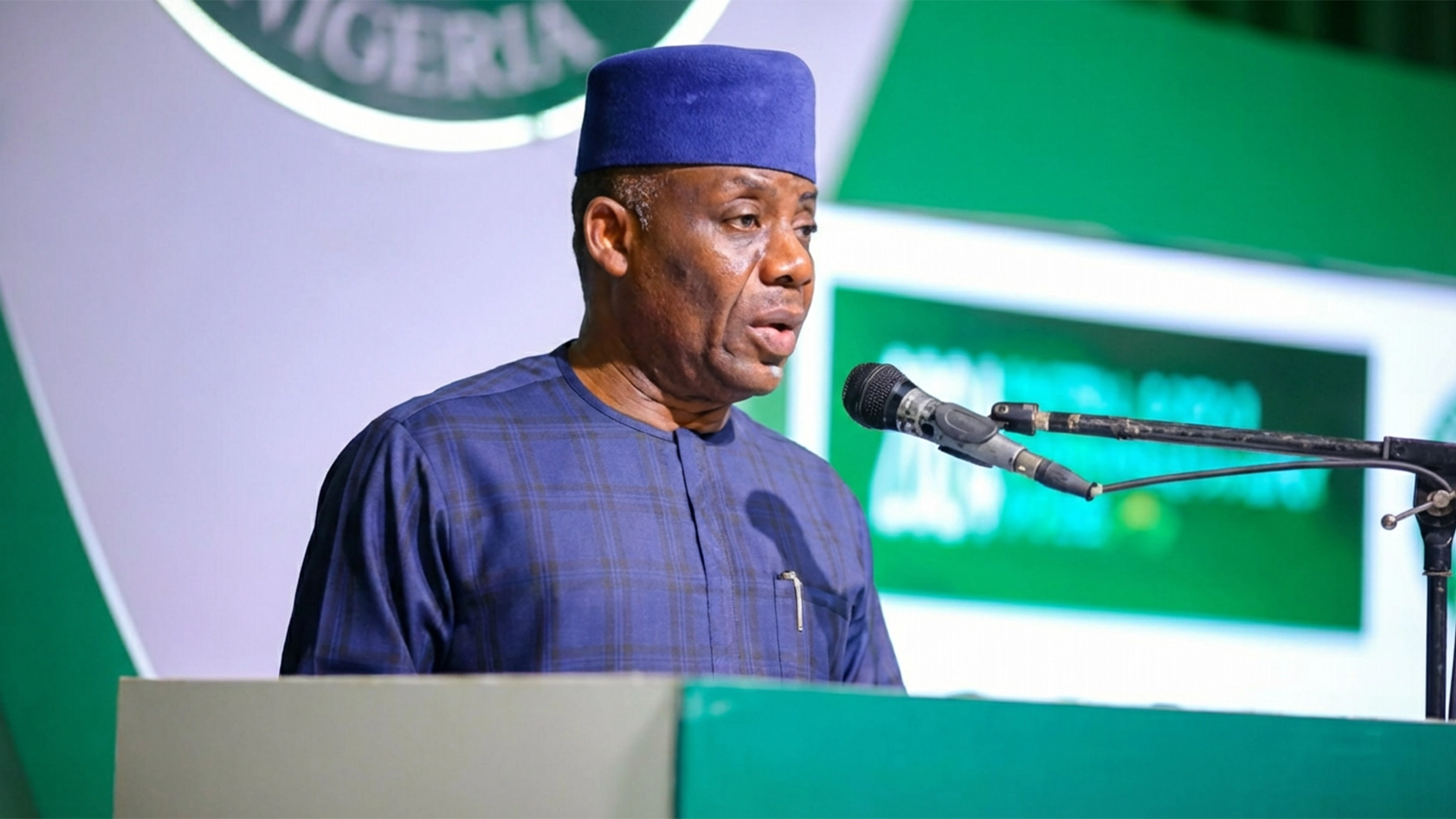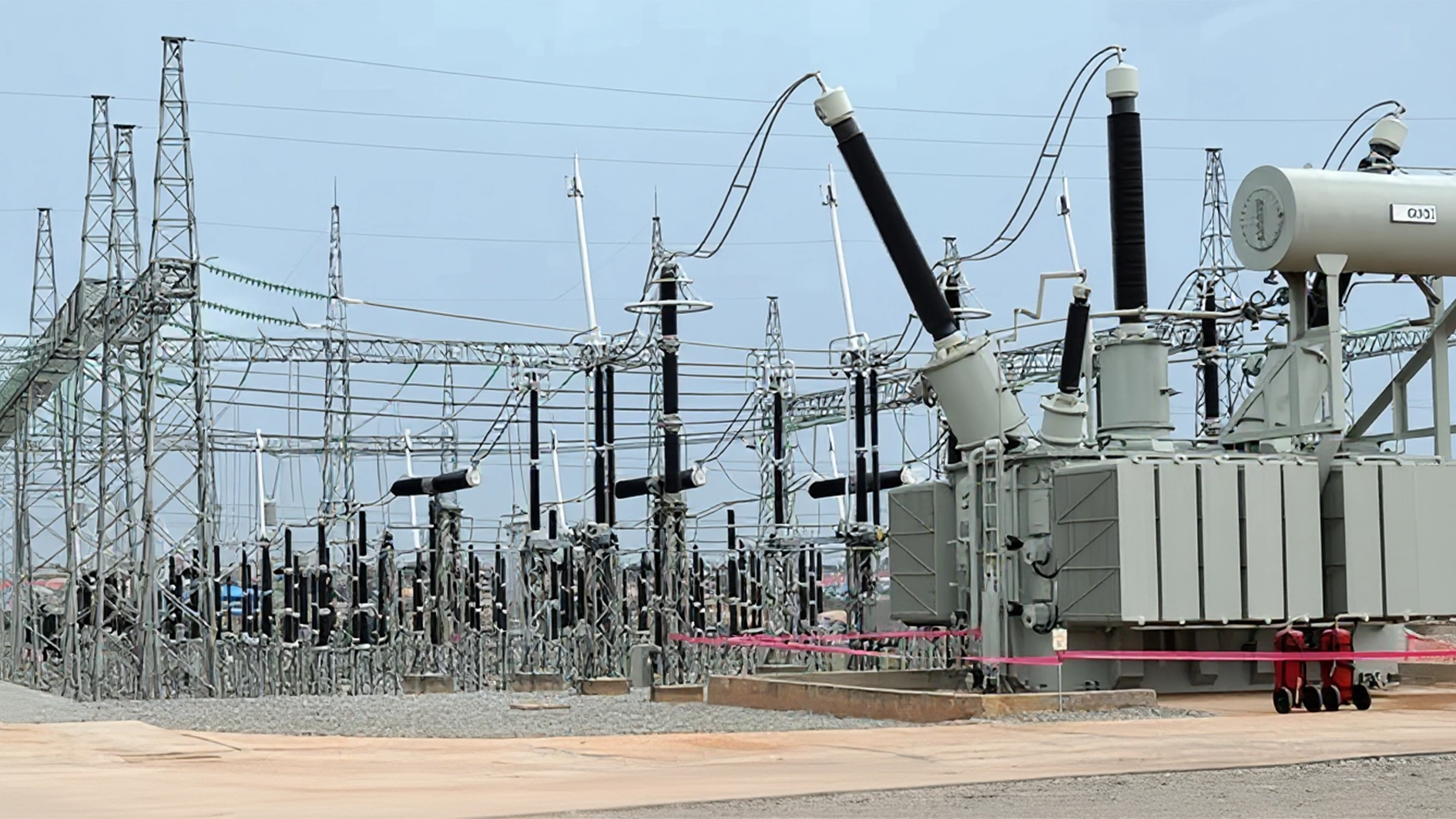
The battle to renew the Nigerian union based on equity, justice and fairness has undoubtedly gained some significant traction. It is perhaps only the standpatters that are recalcitrant to this quest because of short-term gains from a badly skewed state structure. The path of wisdom is to negotiate and do the right thing for the interest of present and unborn generations in line with changing global dynamics so that our country becomes truly a place where peace and justice shall reign. This is the inclination of the Southern governors who within a space of two months gathered twice to underscore basic demands germane to the oneness and peace of the country. They first met in Asaba, capital of Delta State for what has later tagged, the ‘‘Asaba Declaration.’’ They met in Lagos two weeks ago and the consequences of their ‘‘Mission In Lagos’’ are still reverberating in political circles.
The demands include among others a declaration that Nigeria’s next president should be from the southern part of the country in the spirit of power sharing between the south and north; a rejection of the proposed allocation of at least 30 per cent of the profit generated by the proposed Nigerian National Petroleum Company Limited for the exploration of oil in ‘‘frontier basins’’ as engrossed in Section 9 of the recently passed Petroleum Industry Bill (PIB) as well as the three per cent to oil bearing communities; setting a timeline of September 1, 2021 for promulgation of the anti-open grazing law in all 17 member states; and the imperative of formal notification from the security agencies when operating within their domains. These issues bear directly on the question of power distribution that is the hallmark of a federal constitution and which clearly points up the inadequacy of the Nigerian so-called federal constitution.
The southern governors’ forum pointedly reiterated “its commitment to the politics of equity, fairness and unanimously agreed that the presidency of Nigeria should be rotated between Southern and Northern Nigeria. They also resolved that the next president of Nigeria should emerge from the Southern Region.” These issues have sparked off intense debate, not unexpectedly as power is the kernel of politics. Political communities endure due to healthy compromises. More important, this badly governed country is long overdue for a reset. Those enamoured of the status quo mostly the elite from northern part of the country have kicked against the request for a rotation of power between the south and north of the country. Indeed, the Northern Elders Forum (NEF) voiced its rejection of the position of the Southern governors that the 2023 presidency should be zoned to the Southern part of the country. In the words of its spokesman, Dr. Hakeem Baba-Ahmed, “NEF sees the decision of the southern governors as an expression of sentiment that could be best discussed within a political process. We are running a democratic government and decisions over where the next president comes from are basically decisions that will be made by voters exercising their rights to choose which candidate best serves their interest.”
In the same vein, the former governor of Zamfara State, Ahmed Sani, noted that the declaration by the southern governors went against the provision of the 1999 Constitution which as he put it, “There is nothing in our constitution that talks about moving power from one place to another. Every Nigerian, according to the Constitution, unless it is amended, has the right to aspire to any political office once he is qualified. So, it is not wrong for anybody to say he is contesting the election, even from Daura.”
For a country on the brink of collapse, others view the decisions of the southern governors as the elixir that is needed to the pull the country off the brink. The leader of Yoruba socio-political group, Afenifere, Chief Ayo Adebanjo, also commended the Southern governors, and endorsed their resolutions. To the elder statesman, the insult Buhari administration has been passing to the South has become insufferable. The President has remarkably challenged the southern part of the country to a duel through appointments that do not respect federal character provision in the constitution. Besides, for the first time we have governors who stood up to the excesses of the Northern oligarchy. No ethnic group can continue to dominate others. We all have equal stake in the project Nigeria. On its part, Ohanaeze Ndigbo, applauded the resolution of the Southern governors but with a caveat that the presidency should be zoned to the southeast in 2023. The Human Rights Writers Association of Nigeria (HURIWA) saw the demand of the southern governors as strategic to sustainable development and constitutional democracy in the country.
From the Middle Belt came the voice of Samuel Ortom, Benue State governor and defender of the Benue valley, who described as bold and patriotic the decision of the Southern Governors’ Forum to enact laws to ban open grazing of livestock in the region because it would bring to an end the persistent crisis caused by armed Fulani herdsmen. It should be noted that the North Central Progressive Group (NCPG) is also angling for the presidency come 2023 because the region, according to the organisation, has what it takes to govern Nigeria.
It is obvious from the foregoing that the divide between north and south is certainly deepening. Both hold divergent views on open grazing, restructuring and now power shift, among others. But we make bold to ask the following questions: what do these portend for federalism and what is the way forward? In particular, is the country not headed for anarchy? Why not sit down to discuss instead of worsening relationship of component parts? Are these conflicting positions in accord with section 15 (4) on the political objective of Nigeria as well as other provisions for the unity and corporate existence of the country? Why we search for the appropriate answers to the above posers, we like to underscore the point that managing diversity is about give and take. And it can’t be achieved without healthy compromise.
A recourse to history is necessary here. The history of Switzerland shows the realism of diversity. When Napoleon Bonaparte conquered Switzerland and sought to run it then, basis of centralism, he met a steel wall; and had to exclaim that Switzerland was federal “by nature” and considered it unwise to force the area into any other constitutional framework. He restored cantonal autonomy and sovereignty to the country. Today, the executive branch of government comprises a Federal Council, a seven-member collegial board. The presidency of the Federal Council is rotated among the members annually and each councillor presides over a federal department. Its consociational democracy underlined by proportional representation is structured to cater for its diversity. Likewise, any attempt to govern Nigeria on the basis of domination by one nationality, power bloc among other criteria is bound to fail and would lead to a harvest of anarchy. The voice of reason is a political capital for those not hard of hearing – about the imperative of federalism at this time.






